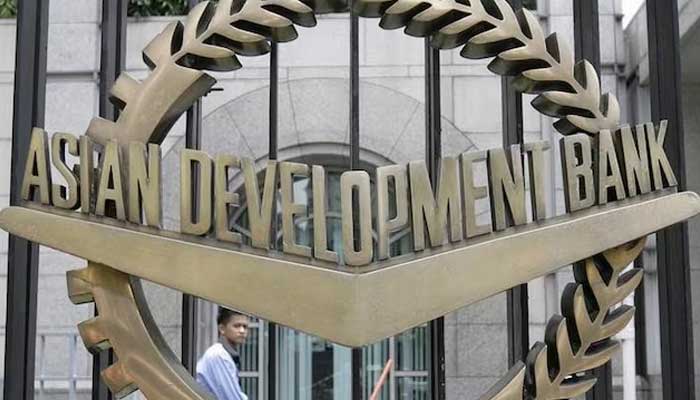
- Influx to help increase the country’s import coverage and stabilize the rupee.
- Aims to foster Pakistan’s perseverance in the face of disasters.
- The SBP’s foreign exchange reserves stood at $11.42 billion as of November 22.
The central bank on Thursday announced that it had received $500 million from the Asian Development Bank (ADB) under the Climate Change and Disaster Resilience Program (CDREP), aimed at encouraging Pakistan’s perseverance in the face of natural disasters.
This inflow, which will be included in the State Bank of Pakistan’s (SBP) foreign exchange reserves data for the week ending November 29, 2024, expected to be released on December 5, 2024, will help increase the coverage of imports from the country and stabilize the currency.
Meanwhile, foreign exchange reserves held by the State Bank of Pakistan (SBP) increased by $131 million on a weekly basis to $11.42 billion as of November 22.
Total liquid foreign exchange reserves held by the country stood at $16.08 billion, with net foreign exchange reserves held by commercial banks amounting to $4.66 billion.
Earlier this month, Pakistan and the ADB signed a $500 million loan agreement to strengthen the country’s resilience in the face of disasters triggered by natural hazards and the impacts of environmental crises.
The program aims to strengthen Pakistan’s institutional capacity in planning, preparedness and response. This would help promote inclusive investments in disaster risk reduction and climate resilience while supporting the scale-up of disaster risk financing through a risk-tiered approach.
It improves coordination for monitoring and responding to disasters. It supports improved planning and prioritization of resilient and gender-responsive public investments, including integrated flood risk management and nature-based solutions.
Pakistan is one of the most vulnerable countries to climate change and disasters triggered by natural hazards in Asia and the Pacific. The ADB said average disaster losses exceed $2 billion per year, adding that women and other vulnerable groups were disproportionately affected by climate change and disasters.
In addition to the CDERP funding, the bank had also approved a $1 million technical assistance grant to support the implementation of the program.
Pakistan also launched its first National Climate Finance Strategy (NCFS) in November to address the growing challenges of global warming with a strategy to mobilize funds for climate change mitigation and adaptation efforts. The strategy focuses on increasing climate-related investments, attracting international finance and improving national financial systems.
Finance Minister Muhammad Aurangzeb and Prime Minister’s Climate Change Coordinator Romina Khurshid Alam jointly launched the NCFS at the Pakistan Pavilion in Baku on the sidelines of the UN-led World Climate Conference (COP29), which will last two weeks, November 15.
“It’s a proud moment for us to be able to roll out Pakistan’s first-ever climate finance strategy, a major milestone in our commitment to a sustainable and climate-resilient future,” said Romina Khurshid Alam, Climate Assistant of the Prime Minister, in his opening speech. during the launch event.
Explaining the strategy, she said the Climate Finance Strategy charts a path to closing the significant climate finance gap Pakistan faces – a gap we estimate to reach $348 billion by 2030 for our development goals climate resilient and low carbon.
